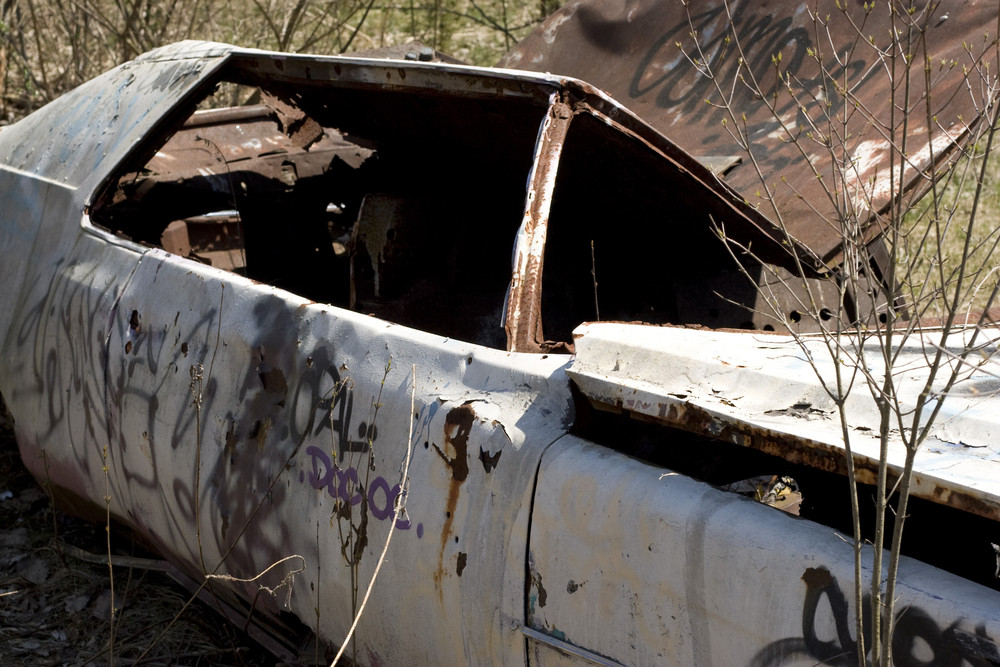by Semify
Totaling your vehicle can be devastating on many levels. It can mess with your money, keep you from getting the necessary transportation, and even create some legal problems. We all invest a lot of money into our vehicles, which can be difficult to recoup if you don’t take the right steps after totaling your vehicle. Here is what you should do after you total a vehicle.
1. Call Your Insurance Company and Do This
You pay good money for auto insurance just like other drivers. However, many people never file a claim. To ensure that your claim goes through without a hitch, be sure that you report the accident with attention to detail. For example, was a rough patch in the road leading up to the accident? According to the Highway Department, about 33% of all roads are unpaved.
If you were on an unpaved road before you totaled your vehicle, it may have been a factor in the accident. You must disclose any anomalies about the road or driving conditions. It can help to relieve you from ‘driver error’ claims.
2. Is Your State a No-Fault State?
How the process works with the insurance company and the authorities relies heavily on whether you live in a no-fault state. In some states, when an accident results in injuries or total losses, the accident can be determined to be no one’s fault. It was just an accident. However, in other states, there is always someone at fault.
For example, according to the California Highway Authority, California is an at-fault state, which means someone will be held at fault for the accident, will likely receive a citation, and will be held liable for the accident costs. If you live in a no-fault state, you are in a much better position than an at-fault state. If you live in the latter, it may be worth investing money in a lawyer.
3. Ask The Insurance Company About Doing This
Did you know you could ‘buy’ your vehicle back from the insurance company after it has been totaled? You can. You will lose some money on the payout, but you can still have your vehicle. Of course, you must invest some money in the vehicle to get it running again, but it may be worth the effort.
Repurchasing your vehicle from the insurance company does not require an exchange of money. The totaled vehicle’s value is deducted from the check that the insurance company will send you. In some cases, buying back your car can be a great deal, especially when the damage is strictly cosmetic.
4. Equipment Failures
Sometimes, an accident is caused by equipment failures, not due to neglect. A faulty driveshaft can cause an accident, brake failure, and more. According to HowStuffWorks, a common sign of driveshaft failure is vibration. A vibrating driveshaft can make it difficult to control a vehicle and can result in an accident.
Check the recall list for your vehicle’s manufacturer. The recall list may be able to help explain the accident. After you total your vehicle, the goal is to be able to explain the cause of the accident without it being related to the driver’s (your) fault. An unknown recall can explain an equipment malfunction that may have played a part in the accident.
5. Save Your Money
If you have totaled your vehicle beyond repair, take a deep breath and formulate a plan. Wait for the insurance company’s word about how much they are paying out before you plan to buy a new vehicle. If you have a loan on the vehicle, you may break even, but you may not. Don’t spend money until you know where you stand about paying off the loan.
Totaling a vehicle can cause money problems, but remember they are only temporary. Learn more tips for protecting your money and your vehicle today.


